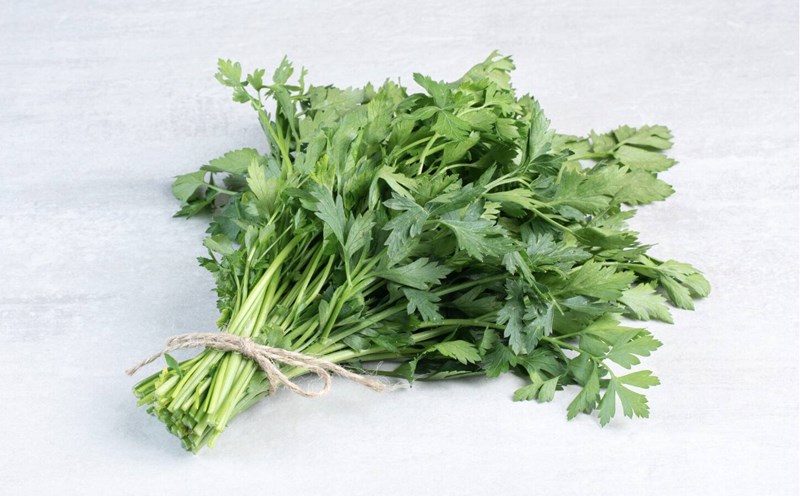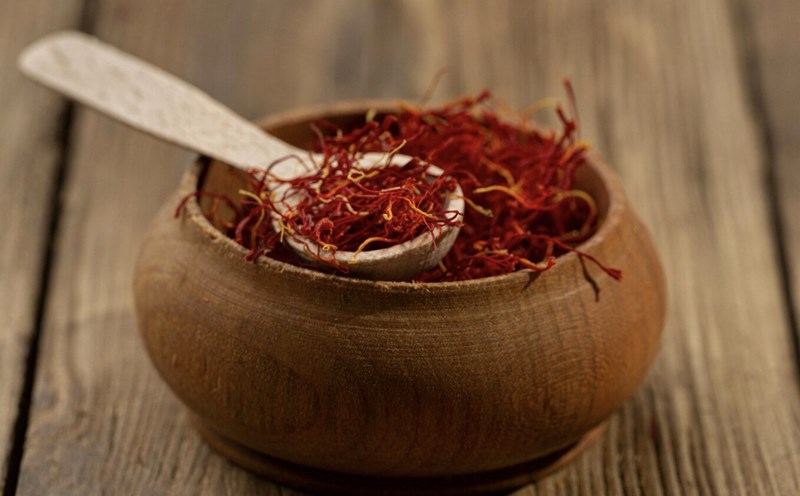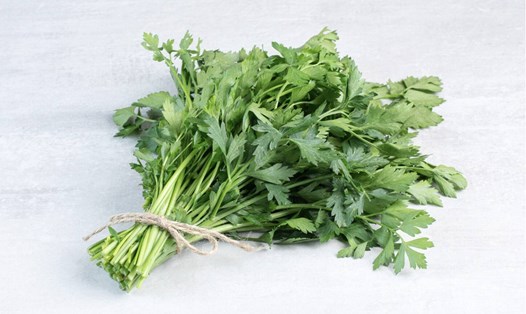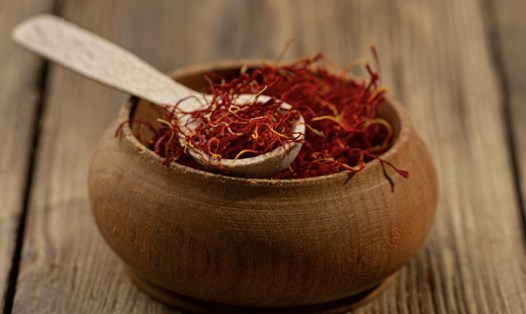From the kitchen to the laboratory
In recent years, modern science has increasingly paid attention to the link between nutrition and mental health. Two popular spices, saffron and turmeric (curcumin), are being studied as natural candidates that can support the treatment of mild to moderate depression.
Smaller studies show that saffron can improve mood as well as some of the anti-depressants, while curcumin in turmeric helps reduce anxiety and fatigue, says Dr. Karina Tolentino, a clinical nutritionist in the United States.
Some clinical trials have recorded that 30 - 100mg of saffron extract per day for 12 weeks helps reduce symptoms of depression equivalent to fluoxetine (Prozac). Turmeric, when used 500 - 1500mg curcumin, also gave the same positive result.
The benefits are real, but be careful
Both saffron and turmeric contain powerful antioxidants such as crocinine, safranal and curcumin, which can increase serotonin and dopamine, two neurotransmitters that help regulate emotions. In addition, they reduce inflammation in the brain, factors related to depression and anxiety.
However, experts warn: taking high or long doses can cause side effects such as nausea, digestive disorders or even liver damage (especially curcumin). Pregnant women, people who are taking anticoagulants or have liver disease should consult a doctor before using.
These spices should only be considered supportive therapy, and cannot replace prescription drugs or psychotherapy, Dr. Tolentino emphasizes.
Currently, large-scale and long-term research is still needed to determine which type is more effective, as well as the safe dosage for each subject.











